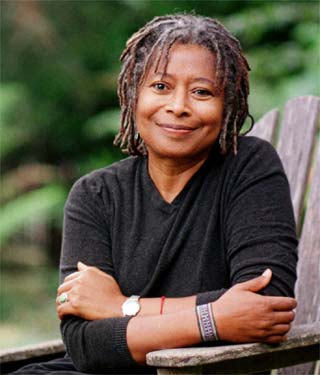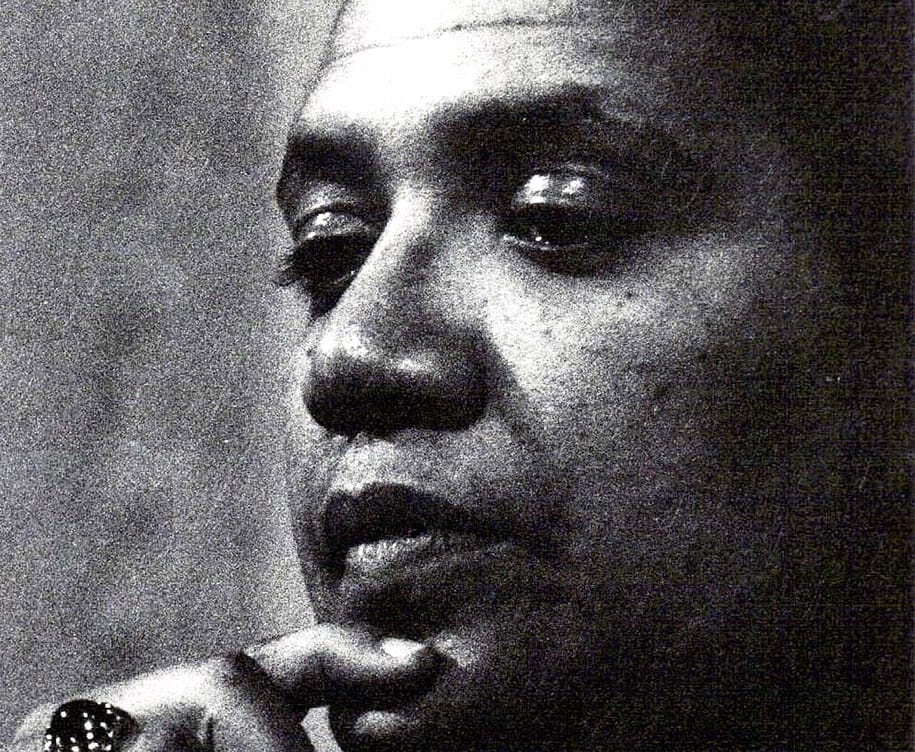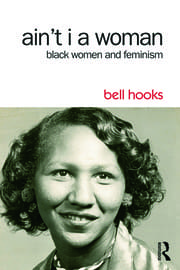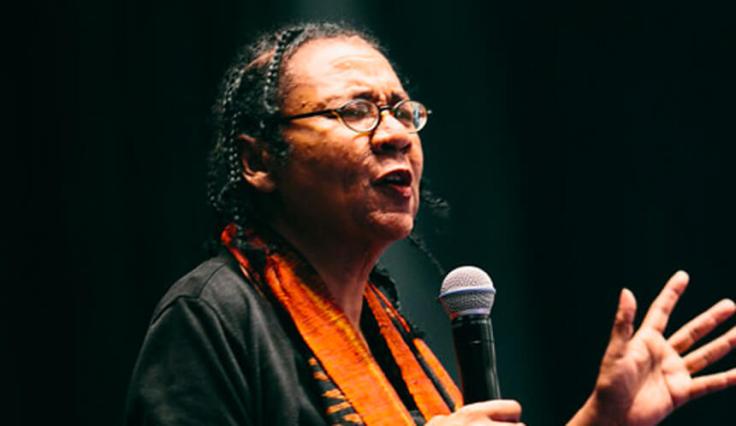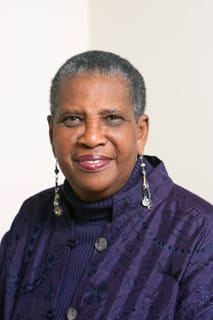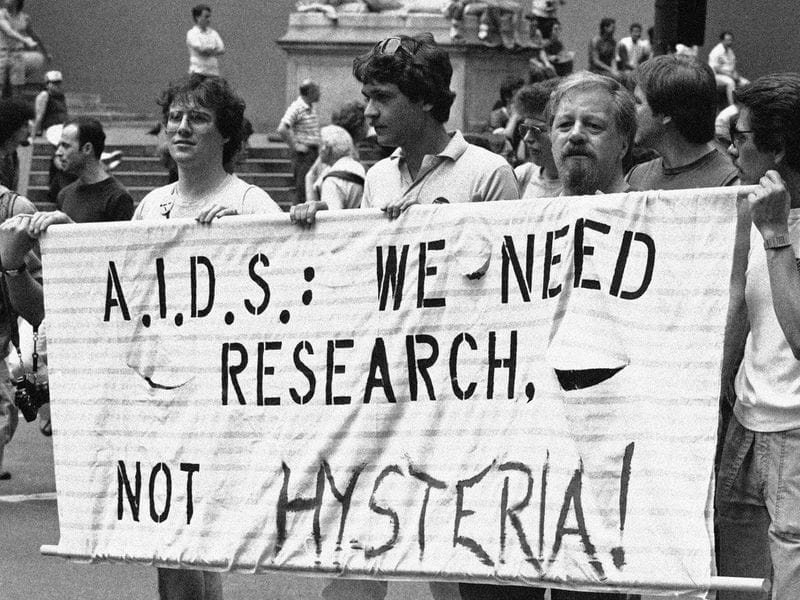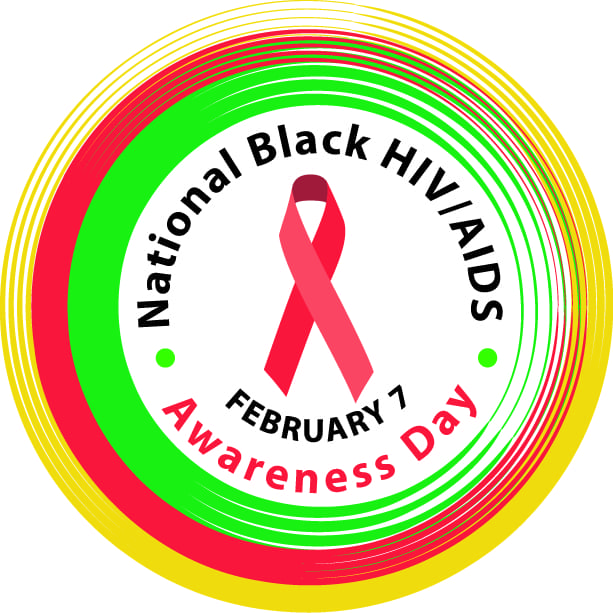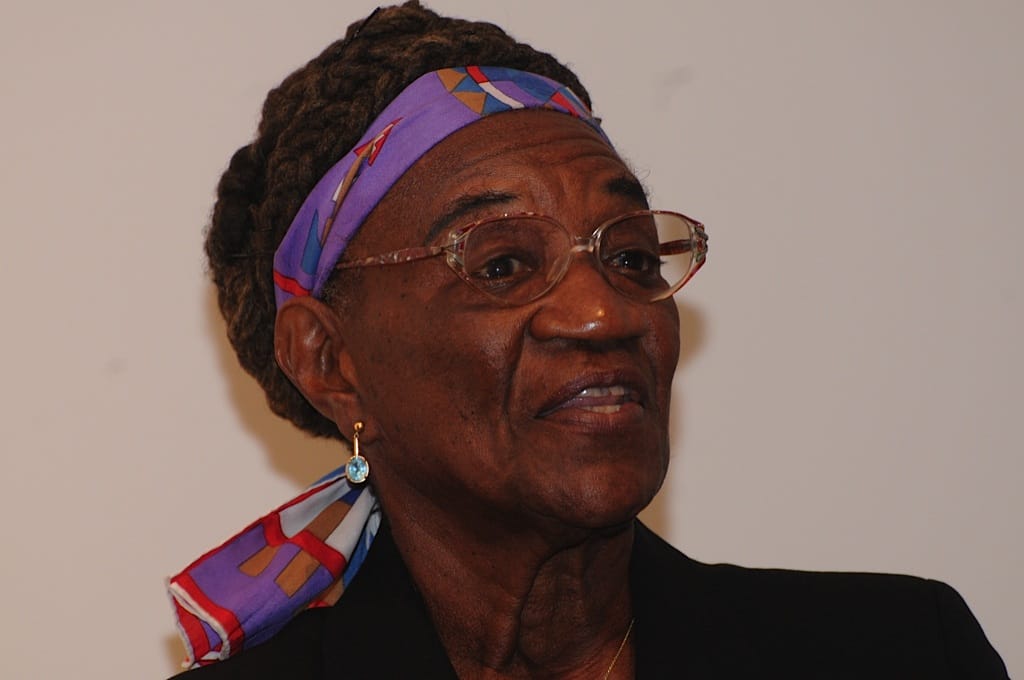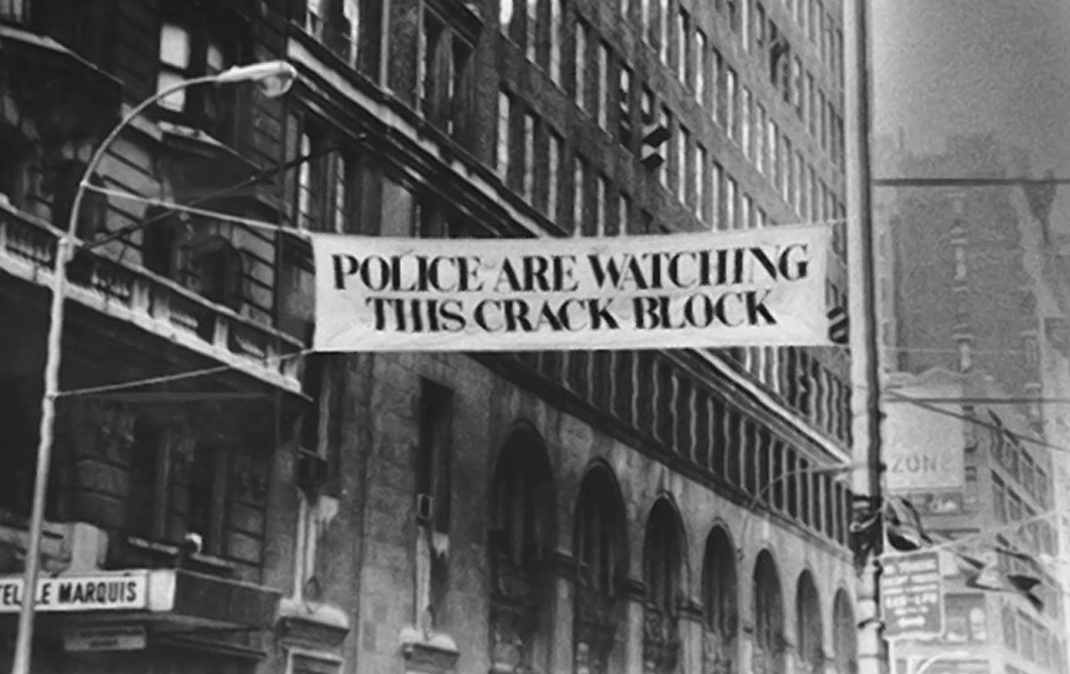Alice Walker is an internationally celebrated writer, poet, and activist whose books include seven novels, four collections of short stories, four children’s books, and several volumes of essays and poetry. In 1983, she won both the Pulitzer Prize in Fiction and the National Book Award. In 1982, she published The Color Purple, which has become one of her most famous and beloved texts.
Author: developer
“We Don’t Live Single-Issue Lives”
“We don’t live single-issue lives” is a quote from Audre Lorde’s 1982 speech, Learning from the 60s. It challenged Black people to unite and rally behind the multidimensional threats that we face, in order to survive.
Ain’t I a Woman? by bell hooks
Published in 1981 by South End Press, bell hooks’ book Ain’t I a Woman?: Black Women and Feminism was titled after Sojourner Truth’s speech, which was first published in 1863 (12 years after Truth gave the speech). In this book, hooks examines the effects of racism and sexism on Black women, the civil-rights movement, and feminist movements from suffrage to the 1970s.
bell hooks
bell hooks (1952–2021), also known as Gloria Jean Watkins, was an author, activist, feminist, and professor whose work examined the intersection of race, gender, sexuality, and class. hooks, who was born in Hopkinsville, Kentucky, wrote more than 30 books, including Ain’t I a Woman?: Black Women and Feminism (1981). In 2014, she founded the bell hooks Institute at Berea College in Kentucky.
Byllye Avery
Byllye Avery is an activist, professor and author who cares deeply about unifying Black women, of all economic strata, around issues of health and wellness. In 1981, Avery founded the National Black Women’s Health Project which was later named the National Black Women’s Health Imperative. She co-founded the Gainesville Women’s Health Center — an alternative birthing center in Gainesville, Florida. She also co-founded the Avery Institute for Social Change — “a national organization confronting disparities in access and delivery of health-care services to communities of color.”
HIV Epidemic
In the 1980s and early 1990s, the outbreak of HIV (human immunodeficiency virus) and AIDS (acquired immune deficiency syndrome) swept across the United States and the rest of the world. It disproportionately affected gay men, including Black gay men, who had very limited access to health care due to homophobia.
HIV/Aids
During the 1980s and 1990s, Black activists and organizations found it important to raise awareness about Black LGBTQ+ history by uplifting the narratives of people like Bayard Rustin, Richard Bruce Nugent, and Gladys Bentley. They argued that the erasure of Black LGBTQ+ people was one of the reasons Black communities were so severely impacted by HIV and AIDS. In addition to telling stories, they created spaces to mourn the lives that were lost to AIDS.
Gloria Joseph
Gloria Joseph (1927–2019) was an author, feminist, activist, and professor emeritus of Africana Studies at Hampshire College. She authored many texts, including Common Differences: Conflicts in Black and White Feminist Perspectives (South End Press, 1981); On Time and in Step: Reunion on the Glory Road (Winds of Change Press, 2008); and, most recently, a bio-anthology of Audre Lorde titled The Wind Is Spirit (OR Books, 2016). She founded several organizations, including the Che Lumumba School for Truth; Women’s Coalition of St. Croix, U.S. Virgin Islands; Sisterhood in Support of Sisters in South Africa; and Doc Loc Apiary (Local Honey Production and Educational Outreach). She was also the life partner of Black feminist icon Audre Lorde.
Healthcare Access
Access to quality, holistic health care has always been a struggle for Black people in the U.S. While there has been movement to expand health-insurance coverage, Black people are still more likely to die from diseases like diabetes, breast cancer, and heart disease. Black pregnant people and their infants are also more likely to die from complications around pregnancy. Analysis around access to health care that does not also include thinking around the implications of racism, misogynoir, xenophobia, homophobia, transphobia, fatphobia, ageism, and ableism is reductionist. Activists and organizations like Black Women’s Health Imperative have worked to improve healthcare access in Black communities by providing resources, education, research, and testing, and by advocating for policy change.
Crack Epidemic
During the early 1980s, there was a surge in the use of crack cocaine. In 1986, Congress passed the Anti-Drug Abuse Act, which resulted in mandatory minimum sentences for those convicted of having specific amounts of crack cocaine. This act was inherently racist, as it targeted poor, often Black, communities who used crack cocaine rather than powdered cocaine (which was more expensive). Given that punitive measures rather than public-health and community interventions were employed, Black communities suffered devastating consequences—and the impact of these measures is still felt today.

